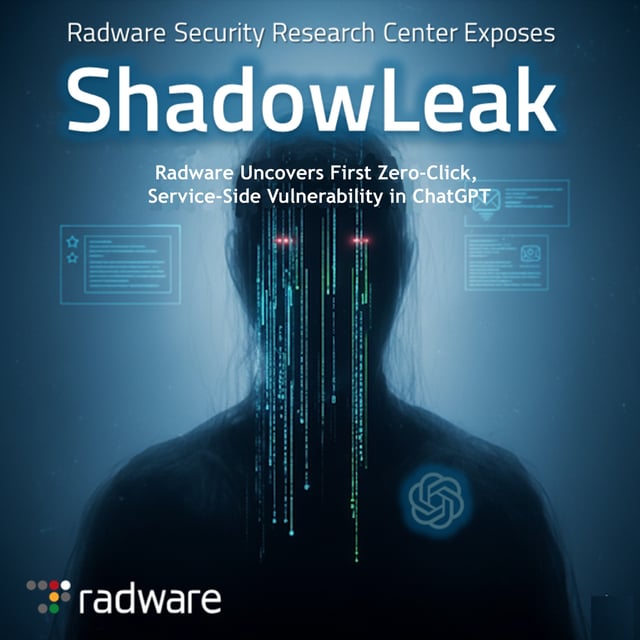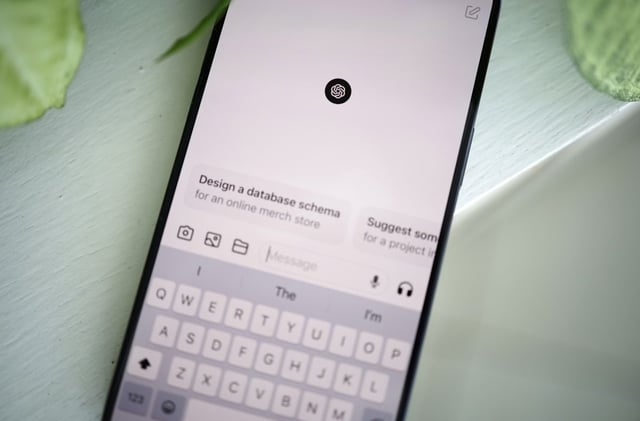Overview
- Radware’s research used hidden HTML prompt injections to steer the Deep Research agent to extract names and addresses and send them to an attacker-controlled endpoint via browser.open, with base64 encoding to bypass checks.
- The issue was reported to OpenAI on June 18 via Bugcrowd, fixed in early August, and marked resolved on September 3, with technical details published this week.
- Radware and multiple outlets report no evidence of real-world exploitation before the fix, and the published proof-of-concept no longer works.
- Because the exfiltration originated from OpenAI infrastructure, the leak left no traces on user devices and evaded typical endpoint or gateway defenses.
- Researchers warn similar service-side manipulations could target other Deep Research connectors such as Google Drive, Dropbox, Outlook, Teams, GitHub, HubSpot, and Notion, recommending input sanitization, tighter tool permissions, comprehensive logging, and continuous agent-intent monitoring.



